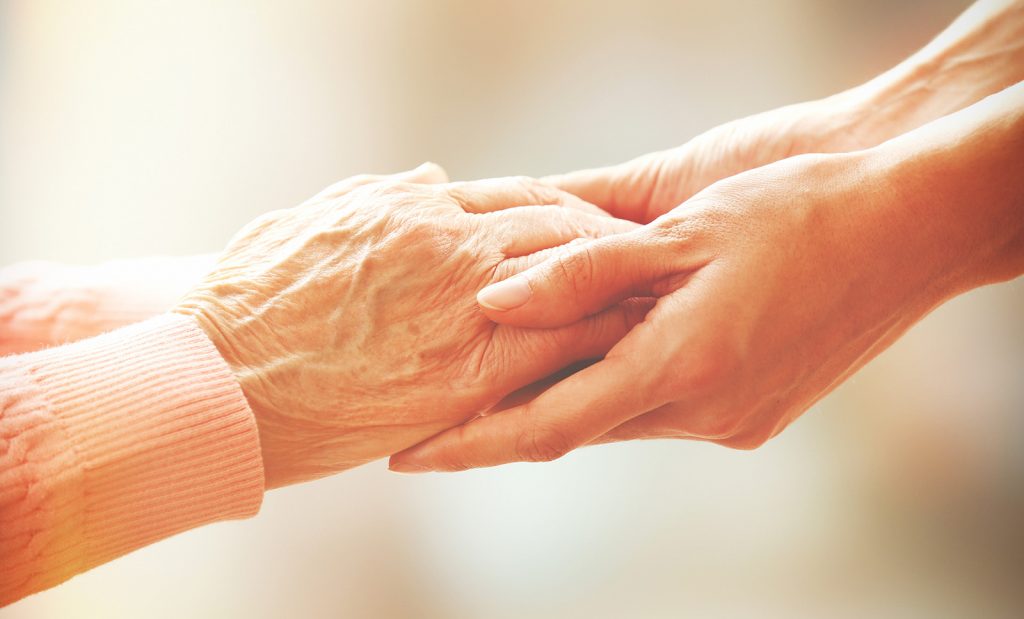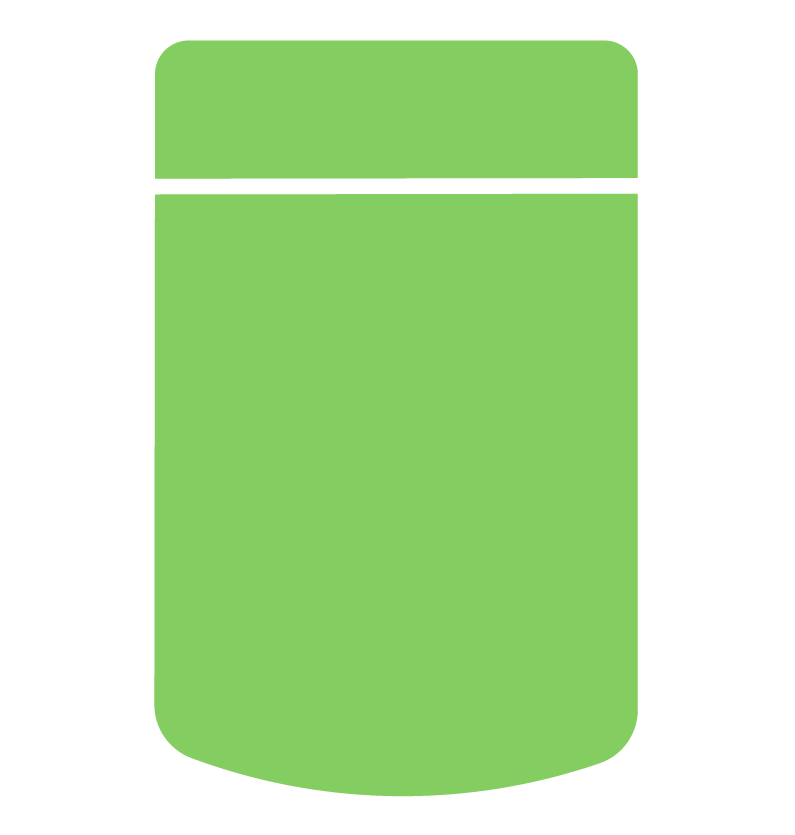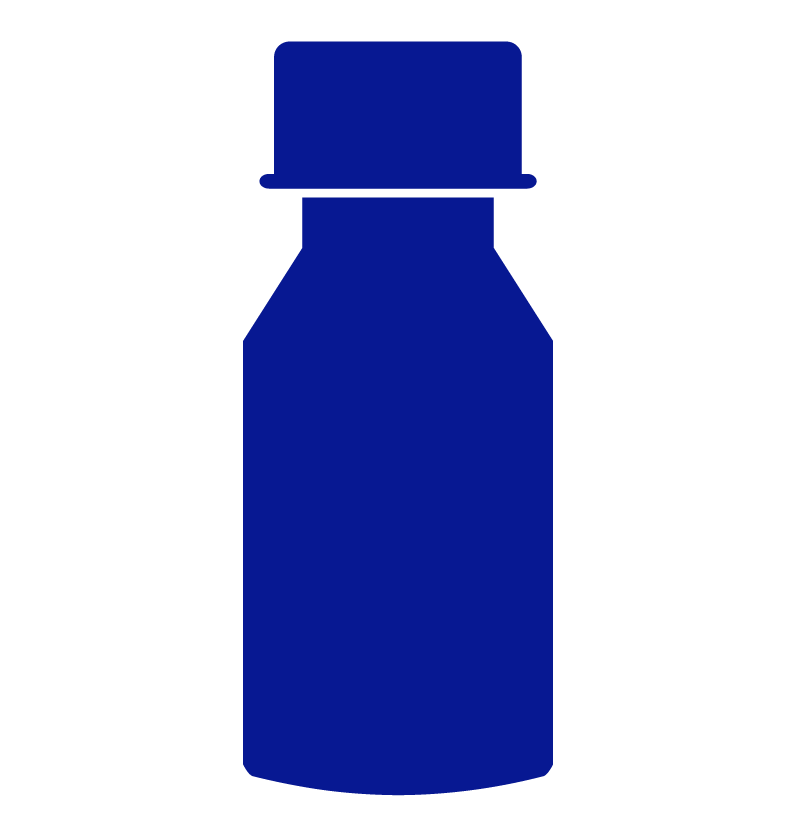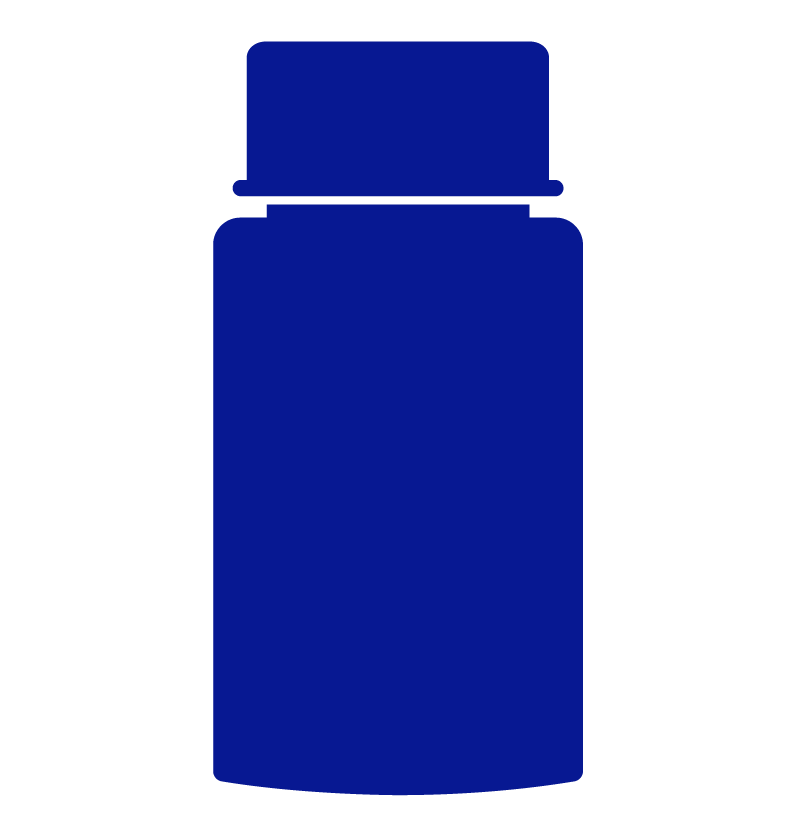Older adults are becoming one of the fastest-growing populations to explore the potential benefits of cannabis. For those over the age of 50, the use of medical cannabis is gaining attention for its ability to address common health challenges like chronic pain, sleep disturbances, and overall quality of life.
A recent study called The Medical Cannabis in Older Patients Study (MCOPS) shines light on how medical cannabis is helping older adults manage these conditions under the care of healthcare professionals.
View the Study Here:
https://publications.sciences.ucf.edu/cannabis/index.php/Cannabis/article/view/239
Understanding the Study: A Real-World Look at Medical Cannabis Use
The goal of the study was to assess older adults and how cannabis influenced key health outcomes such as pain, sleep quality, and overall quality of life, while also examining the impact on the use of other medications.
The study included a total of 299 participants, with an average age of 66.7 years. The patients used cannabis under the guidance of a healthcare professional.
Key Findings: Pain Relief and Improved Quality of Life
Majority of the participants (90%) used medical cannabis to get relief from pain-related conditions, such as chronic pain and arthritis. Significant improvements were noted in pain, sleep quality, and overall quality of life over the six-month study period.
One of the standout findings was that 45% of participants experienced a clinically meaningful reduction in pain interference. Additionally, sleep quality scores improved for a similar portion of patients, providing relief from one of the most disruptive issues faced by older adults.
Preferences in Cannabis Use: Oral Products and CBD Dominance
When it comes to how older adults prefer to consume cannabis, the study revealed a clear trend. Almost all participants opted for oral cannabis products, such as extracts and edibles, over inhalation methods like vaping or smoking. Most preferred formulations high in cannabidiol (CBD) and low in tetrahydrocannabinol (THC), indicating a desire to maximize therapeutic benefits while minimizing the psychoactive effects associated with THC.
Co-Medication Reduction: An Added Benefit
One of the most impactful outcomes from the study was the reduction in the use of co-medications, such as opioids or sleep aids. Nearly 50% of patients who were taking additional medications at the start of the study had either reduced or completely stopped their use by the end of the six-month period. This suggests that medical cannabis may serve as an effective alternative or complement to traditional pharmaceuticals.
Safety: A Key Consideration for Older Patients
Safety is always a concern, especially when introducing a new therapeutic option to older adults. The MCOPS study found that no serious adverse events (SAEs) were reported throughout the six-month observation period. This reinforces the idea that, when used responsibly under medical supervision, cannabis can be a safe option for older patients.
Conclusions: Medical Cannabis as a Viable Option for Older Adults
The results of the study paint a promising picture of medical cannabis as a safe, effective, and cost-efficient option for older adults, particularly those suffering from pain-related conditions. The significant improvements in pain management, sleep quality, and overall quality of life, combined with reductions in the use of other medications, highlight the potential of cannabis to transform the way older patients manage their health.





